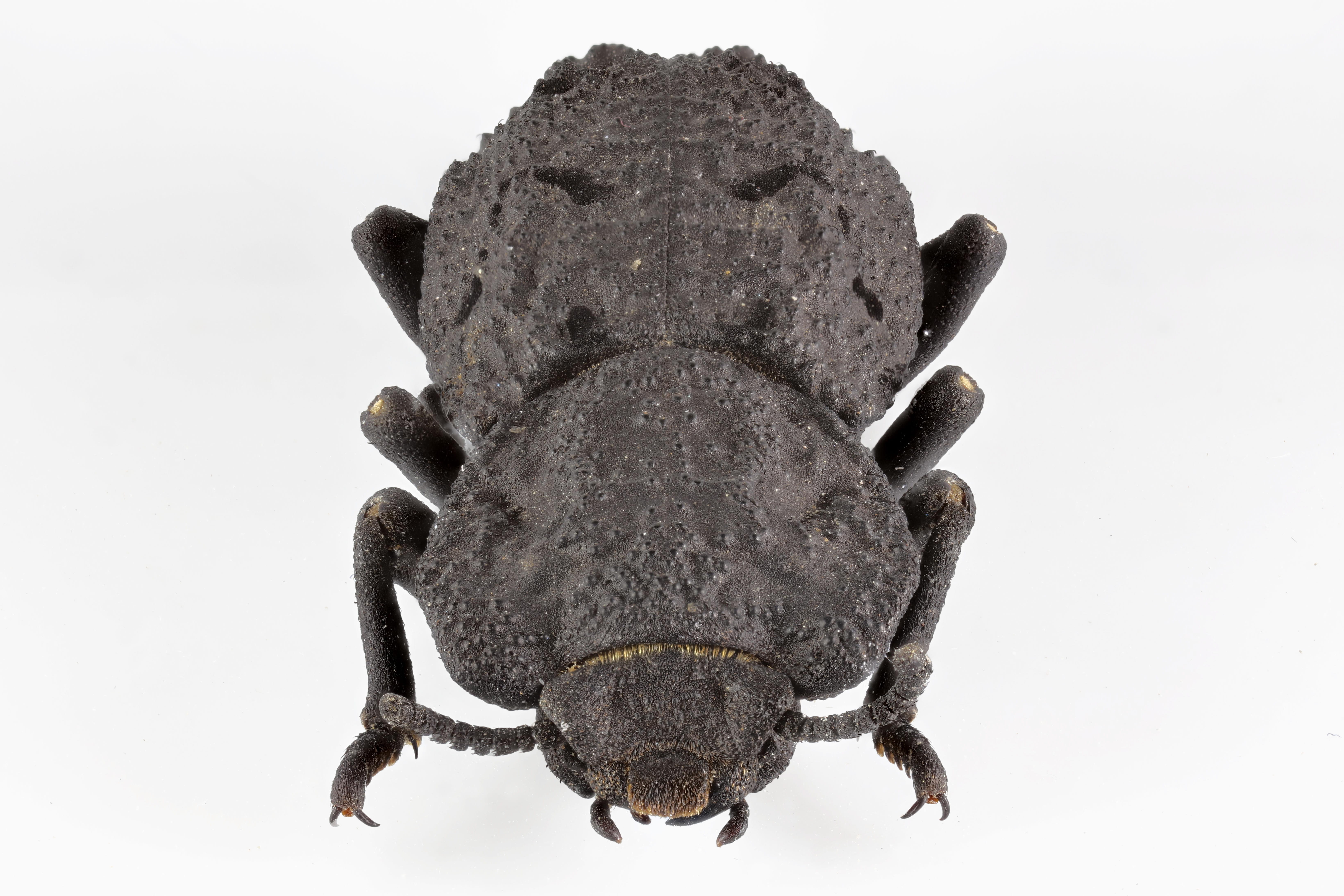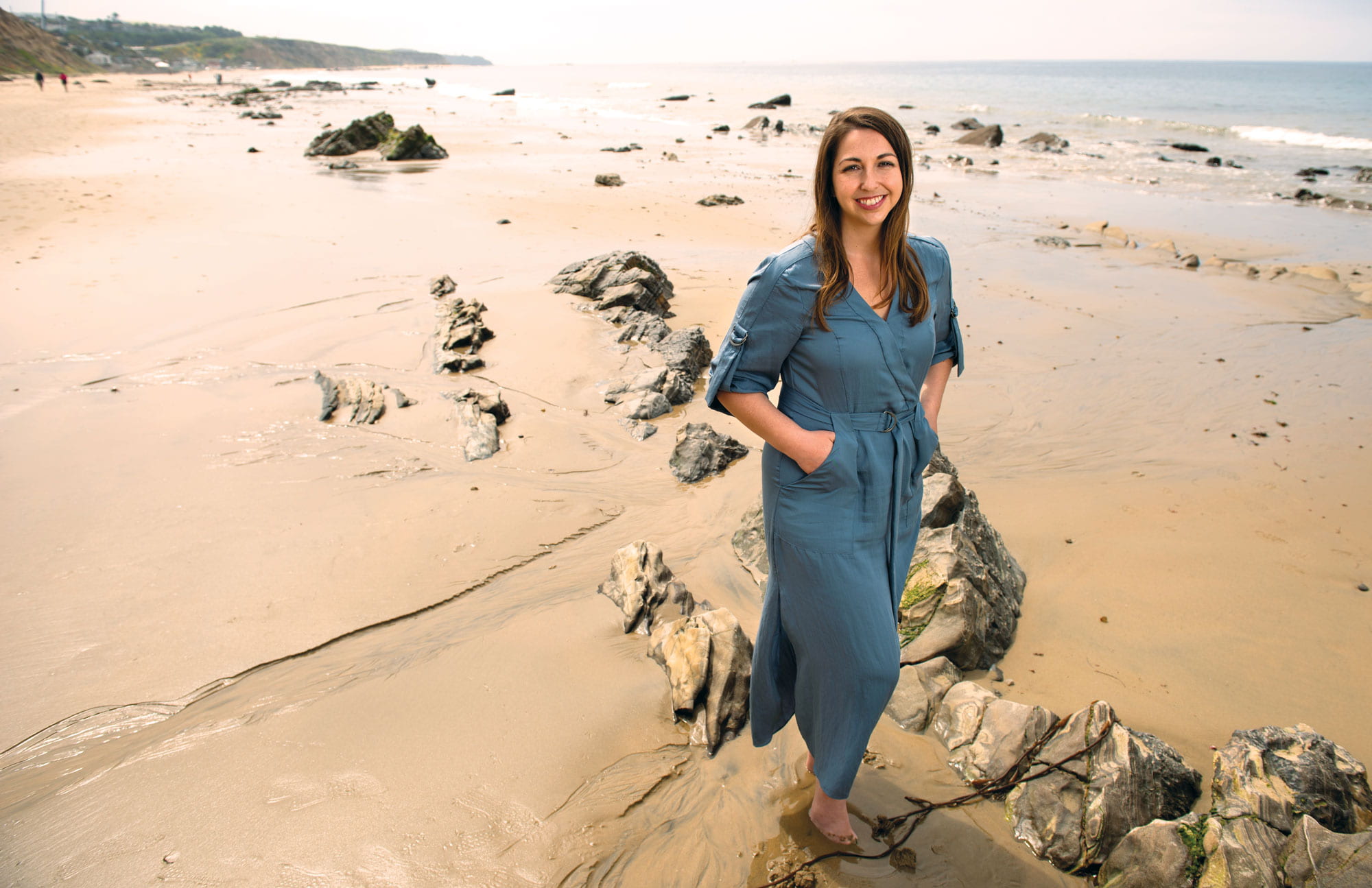Latinx leaders
To mark Hispanic Heritage Month, we highlight some exceptional Anteaters
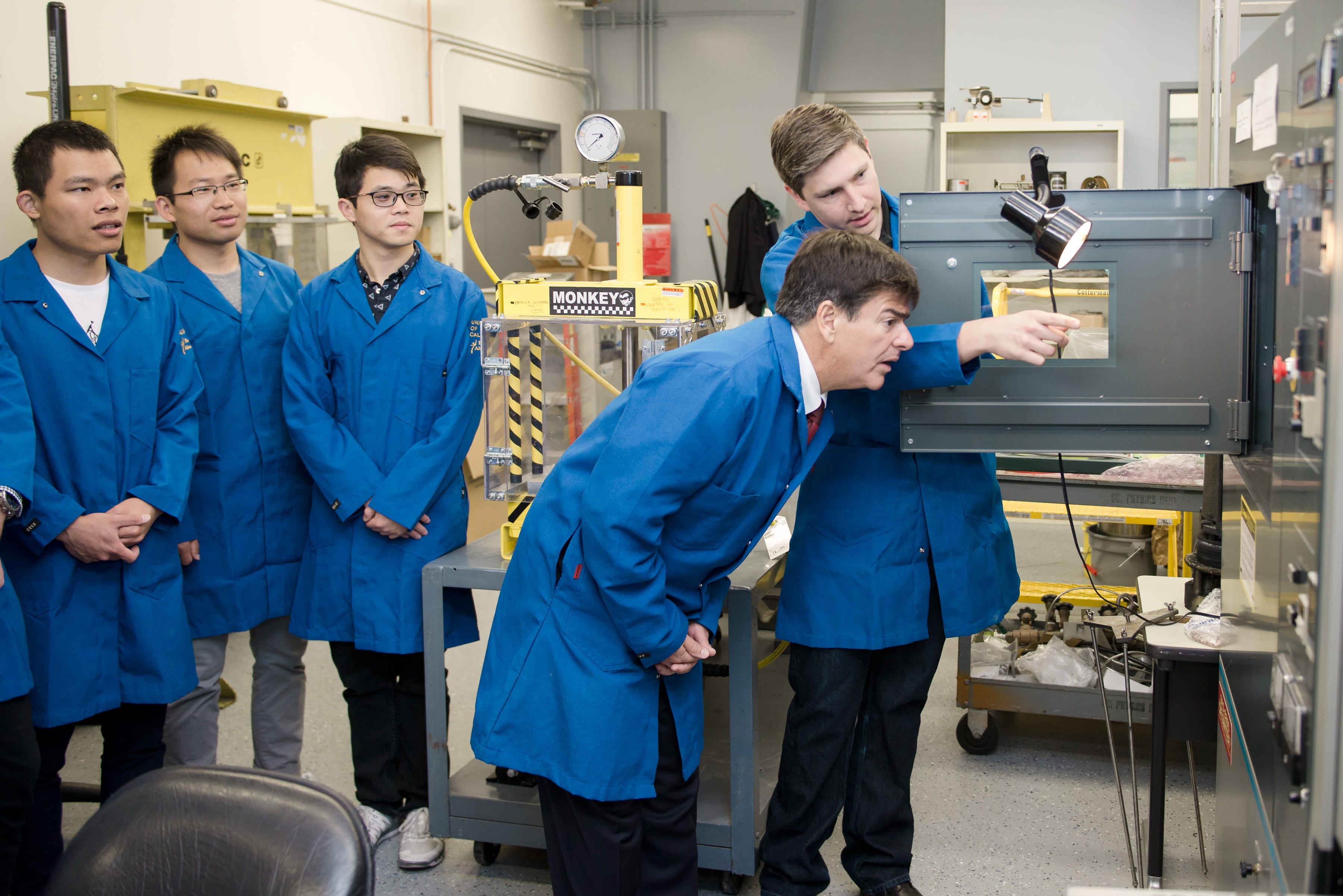
To tell the UCI tale is to share the story of the great impact of its Latinx faculty, staff and students. Their achievements have made the university an intellectual and healthcare leader and forged it into the most popular University of California campus among the state’s Latinx high school graduates.
It’s home to Vicki Ruiz, a pioneer in Chicana/Latina studies who was awarded the National Humanities Medal by President Barack Obama, and to a pioneering medical school training program, PRIME-LC, that advances healthcare for America’s largest and fastest-growing cultural community. UCI’s Latinx faculty and students have won Pulitzer Prizes and Fulbright scholarships, and its alumni – such as Eloy Ortiz Oakley ’96, MBA ’99, the first Latino chancellor of California Community Colleges, the largest system of its type in the U.S. – continue to influence.
With myriad programs and activities focused on engendering success in this student population, UCI has become known as a Latinx-thriving campus, especially for those who are the first in their families to attend college. Last year, UCI earned federal designation as a Hispanic-serving institution, a rare accomplishment among the nation’s leading research universities. In recognition of Hispanic Heritage Month, Sept. 15 through Oct. 15, we’re highlighting a few members of the campus community who embody Latinx excellence.


Belinda Campos
Associate professor of Chicano/Latino studies and in PRIME-LC
Noteworthy achievements include: Principal investigator in the Culture, Relationships and Health Lab at UCI; associate editor of the Journal of Family Psychology and consulting editor for Emotion and Cultural Diversity & Ethnic Minority Psychology; recipient of the 2017 UCI Inclusive Excellence Spirit Award
Quote: “Latinos are among California’s most medically underserved groups. The Chicano/Latino studies classes that are part of the PRIME-LC program help students recognize the distinct context and needs of Latino patients. That knowledge contributes to effective physicians who are more likely to understand their patients. It also helps build physician-advocate leaders who can help bring about a healthcare system that is humane and attuned to cultural strengths as well as the health-harming consequences of societal disadvantage.”
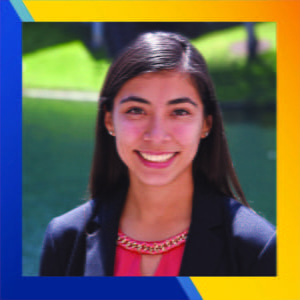
Janeth Acuña
Senior in nursing science
Noteworthy achievements include: Former member of women’s soccer team at UCI; SAGE Scholars ambassador for two academic years; care ambassador and translator at St. Francis Medical Center in Lynwood; current intern at Edwards Lifesciences
Quote: “When I was in community college, I was offered the opportunity to go to elementary schools and incorporate math into certain drills involving soccer. I enjoyed watching the kids have fun but also being able to incorporate math into something they love. Being a transfer student, as well as part of SAGE Scholars, has opened up my mind to what I want to do in the future, so now I’m thinking about being a mentor in my career. I also want to volunteer in clinics in low-income communities once I’m a nurse. I want to give back just as SAGE Scholars has done for me.”

Jeanett Castellanos
Teaching professor and associate dean of undergraduate studies in the School of Social Sciences
Noteworthy achievements include: Director of the social policy & public service major; co-edited two volumes and more than 45 publications on Latinx student educational pathways; recipient of UCI’s Living Our Values Award, Academic Senate Distinguished Faculty Award for Mentorship, Chancellor’s Award for Excellence in Undergraduate Research and Division of Undergraduate Education Teaching Excellence Award, as well as the Outstanding Support of Hispanic Issues Award from the American Association of Hispanics in Higher Education
Quote: “I advise Latinx students to see higher education as a terrain filled with opportunities. Don’t see UCI as the last stop; see it as one of many stops. Learn about your roots, history and our community’s needs. Recognize the social responsibility that comes with a degree and the power of service. Gain cultural and social consciousness through your training and recognize the value of mentorship and connection as you move through your educational pathway. Seek mentorship and an academic space that celebrates your culture and scholarship. In addition, be ready to help others, connect with younger generations and share resources. Always remember, as my mentor taught me: ‘Pay it forward – give back.’”

Hector Tobar
Associate professor of Chicano/Latino studies and English
Noteworthy achievements include: Author of four books, two of which have won numerous awards; recipient of the Pulitzer Prize while a reporter at the Los Angeles Times; named in 2006 one of the 100 most influential Hispanics in the U.S. by Hispanic Business magazine; graduate of UCI’s M.F.A. program in creative writing
Quote: “I taught a class in the spring called Writing Race, and it was the most diverse class I’ve ever taught. I had students of every ethnic background. We read African American authors, Latino authors, white authors, Arab American authors and Asian authors to experience the incredible diversity of California and to get to know the students in there. I can’t overstate their incredible strength. I mean, everyone has a story of how they came to be at UCI, and usually it’s a story that involves one or more generations of striving, of people attempting to make themselves better off, more educated.”


Vicki L. Ruiz
Distinguished Professor Emerita of history and Chicano/Latino studies
Noteworthy achievements include: Recipient of the National Humanities Medal; served as president of four major scholarly associations, including the Organization of American Historians and the American Historical Association; former dean of UCI’s School of Humanities
Quote: “When I started out, Chicano history was Chicano – emphasis on the masculine form of that word. Women were the landscape figures. They were often cast as mothers who didn’t venture far from the home. They remained in the shadows of history. Now you can’t study the history of Mexican Americans or Latinos without discussing women. And it’s about all people. Now UCI is a center for Chicano/Latino studies. It’s gratifying to me, having taught at UCI for 16 years, to see a small program that had been systemically starved of resources for decades become one of the top ethnic studies departments in the nation.”

Julio Torres
Assistant professor of Spanish & Portuguese
Noteworthy achievements include: Director of the Spanish language program and the minor in Spanish/English bilingual education
Quote: “What students gather from writing courses specifically designed for Latinx students who grew up speaking Spanish is a sort of validation of their identity, especially for first-gen students who are leaving home and coming to a university environment that can be somewhat intimidating. The reality of these students coming together, sharing a common linguistic experience, is very powerful because they see that they’re not the only ones. I think it connects them with a ‘family,’ and we know that students who establish these types of support networks end up staying and graduating. That validation – and sharing it with others – goes a long way.”
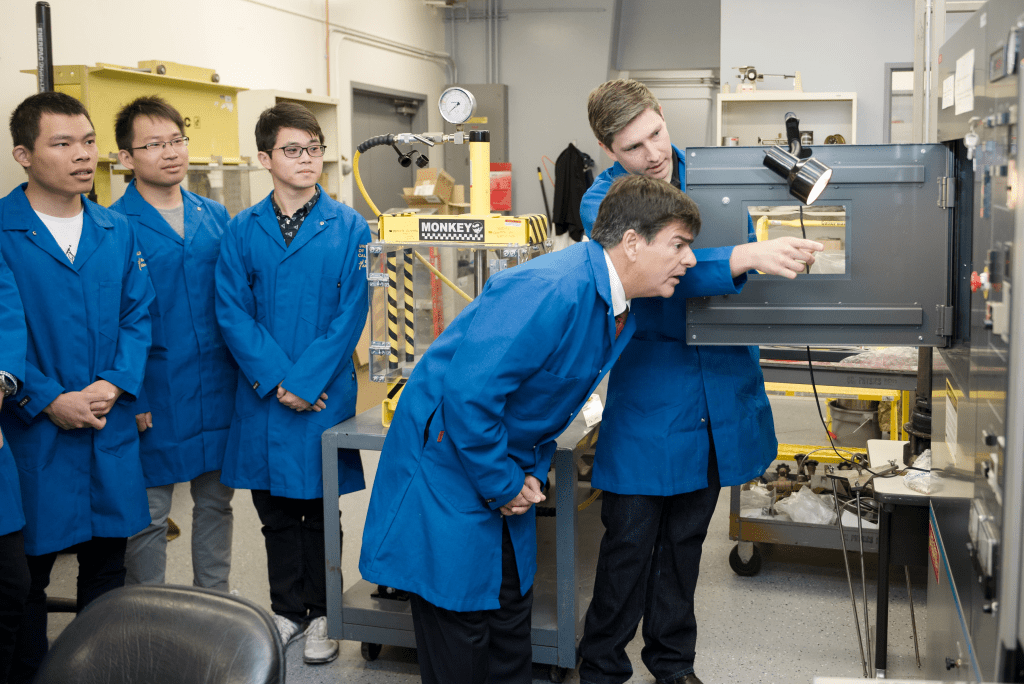

Enrique Lavernia
Provost and executive vice chancellor and Distinguished Professor of chemical engineering & materials science
Noteworthy achievements include: Member of the prestigious National Academy of Engineering; former dean of engineering at UC Davis; increasing STEM faculty and student body diversity
Quote: “We’ve made it a mission to make sure that we provide an environment that attracts not only students from a diverse background, but specifically Hispanic students, because of the numbers they represent in California. We feel that UCI offers the best chance for first-generation students to get educated and find opportunities that their families perhaps have not had. You cannot have excellence without diversity. And that’s a message that permeates everything we do at UCI.”

Raul Fernandez
Professor emeritus of Chicano/Latino studies
Noteworthy achievements include: Founding member of Chicano/Latino studies department at UCI; former chair of the UC-Cuba Multi-Campus Research Program; former chair of Chicano/Latino studies; mentors undergraduates, graduate students and junior faculty
Quote: “Chicano/Latino studies has a small number of students, but they’re great. They win a lot of awards. Most people want to go into law, medicine, engineering or accounting. When people major in things like Chicano studies, they’re following their passion, so they’re committed and don’t have to be told to study. Sometimes they have to argue with their parents, because their parents tell them, ‘Take bio; become a doctor,’ so there’s a lot of motivation. In the end, when they graduate, they’re successful in a variety of careers. We also have really good faculty. I always tell them that they’re out of sight.”

Jessica Sanchez
Ph.D. student in neurobiology & behavior
Noteworthy achievements include: Conducts groundbreaking research on how the immune system influences Alzheimer’s disease; recipient of a Minority Science Programs-Initiative for Maximizing Student Development fellowship; mentors K-12 female students in STEM subjects at Girls Inc.
Quote: “I’m happy I’m doing this, because I feel like I really found what I’m meant to do. I’m planning to do a neurobiology week at Girls Inc. during which we teach the girls about the brain and let them dissect one from a sheep. I think if I had been given that opportunity when I was younger, I would’ve known right away: “I can be a scientist! I can work on brains!” I didn’t have that at all growing up, and I feel like it’s really important for me to be the mentor I wish I’d had back then.”
